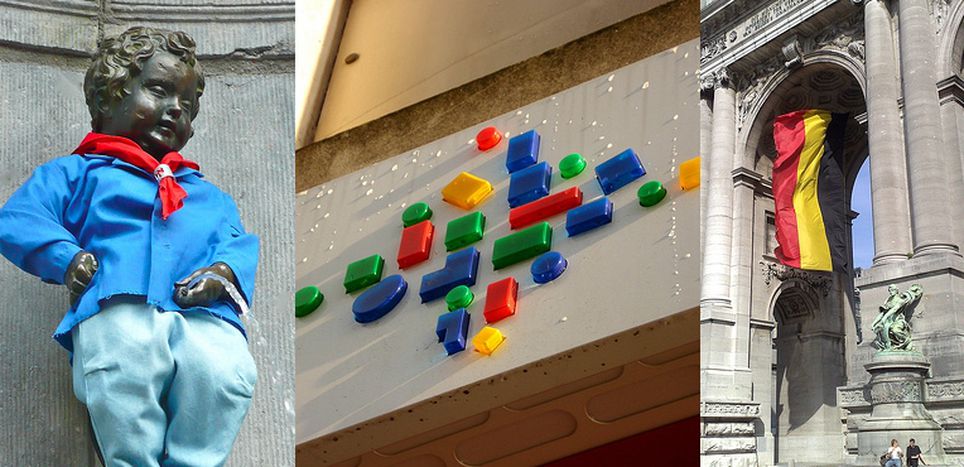
EU elections on 7 June in Belgium to contend with crisis and regional elections
Published on
On 7 June there will be two kinds of elections in Belgium: European and regional elections. In December 2008, prime minister Yves Leterme’s resignation ended the political crisis in Belgium. So what's really at stake in this context? Can a European issue emerge among the omnipresent discussions on its future?
Scholars usually consider the European elections to be ‘second-order elections’, because they tend to be about national political issues but without political consequences. On 7 June in Belgium there will be other elections on national - or to be more precise, on regional - issues. Can the European elections even be considered as second-order elections in this context? What explains the devaluation of the European elections?
It’s the crisis, stupid
Firstly, Belgium is confronted with a severe economic crisis, which the current prime minister Herman Van Rompuy (CD&V– flemish christian democrat party) considers to be the biggest since the second world war. Even the ongoing political crisis has taken a backseat against this background.
Secondly, in French-speaking Belgium, the fight between the two biggest parties undermines the importance of European elections. The liberals and the socialists both want to be the first party in the regional elections, relegating EU issues to the fringe.
Thirdly, the media do not give preeminence to the European elections. It is the reverse. These elections are clearly peripheral for most journalists because two topics prevail: the economic crisis, especially the problem of Fortis (one of the major banks in Belgium which was bought by French bank BNP Paribas in October 2008), and regional elections. The European elections are doubly hidden in this economic and political context. Can an intermediate way be found between overemphasising them and totally neglecting them for economic and political reasons?
Perhaps in the Flemish community?
European elections do play a more important role in the north of Belgium. Take the compilation of party lists: two famous politicians pull the European lists. For the Flemish liberal party openVLD, former prime minister Guy Verhofstadt is very engaged. Recently he published another book, The way out of the crisis. How Europe can rescue the world (‘De weg uit de crisis. Hoe Europa de wereld kan redden’), in which he promotes the role of the European Union for solving the current economic crisis. Jean-Luc Dehaene (another former prime minister, CD&V) is the number one candidate for the Flemish christian democrats. European elections raise more prominent media coverage in Flanders, a situation clearly opposed to the one in the French-speaking community. One thing is clear: most probably the EU will be the loser.
 In collaboration with Eudebate2009.eu and the ARTE - L'Europe en débatblog,edited by students at theCollège d'Europein Bruges, Belgium
In collaboration with Eudebate2009.eu and the ARTE - L'Europe en débatblog,edited by students at theCollège d'Europein Bruges, Belgium



